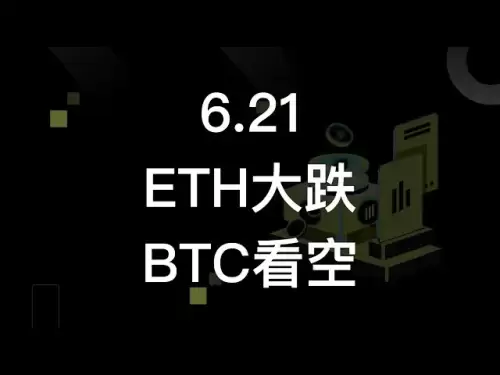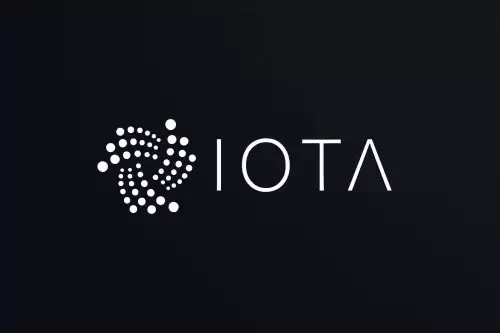
HashKey Investment Research Director @jeffrey_hu has compiled a summary of the background and controversy surrounding Bitcoin Core developer Peter Todd’s proposal for PR #32359 to “cancel OP_RETURN data restrictions”.
For background, OP_RETURN is an opcode in Bitcoin Script that is used to embed small amounts of data in Bitcoin transactions. It allows users to store data on the blockchain, but these outputs are “provably unspendable” and therefore do not add to the burden of the UTXO (unspent transaction output) set.
Currently, the default limit of Bitcoin Core is 80 bytes for OP_RETURN data size, and the propagation of OP_RETURN transactions larger than 83 bytes is restricted by node policy (not consensus rules). However, in a recent proposal, developer Peter Todd, known for his contributions to Bitcoin Core and maximalist views, suggests removing this restriction and deleting related configuration options (such as -datacarrier and -datacarriersize) at the same time.
This proposal, PR #32359, has sparked heated discussions among community members. Supporters, such as Nothing Research partner 0x_Todd, highlight the benefits of removing the 80-byte data limit for OP_RETURN.
0x_Todd argues that the current limit is like a "10-cm-high fence" that can be easily bypassed by those who wish to store large data, such as through protocols like Inscriptions and Runes. He also emphasizes that removing the restriction is in line with supporting the ecosystem and miners' interests.
However, HashKey Investment Research Director @jeffrey_hu tends to oppose the proposal, seeing it as having more negative effects. He feels that support and opposition are more of a difference in concepts, and there is no absolute right or wrong in the short term.
In response to 0x_Todd's four arguments, Hu elaborated on his own views. He pointed out that while there were no restrictions on OP_RETURN in the Satoshi Nakamoto era, not all of Satoshi's designs were necessarily reasonable.
Moreover, he highlighted the importance of user freedom and the ability to configure nodes according to personal preferences. With Bitcoin Core removing configuration options and concentrating on its own vision, users who prefer different configurations, such as deploying transaction filters or switching to Bitcoin Knots, would be left with limited choices.
As the discussion continues, it remains crucial to consider the broader implications of removing the 80-byte data limit for OP_RETURN and how it aligns with the long-term vision for Bitcoin.
Disclaimer:info@kdj.com
The information provided is not trading advice. kdj.com does not assume any responsibility for any investments made based on the information provided in this article. Cryptocurrencies are highly volatile and it is highly recommended that you invest with caution after thorough research!
If you believe that the content used on this website infringes your copyright, please contact us immediately (info@kdj.com) and we will delete it promptly.














































































